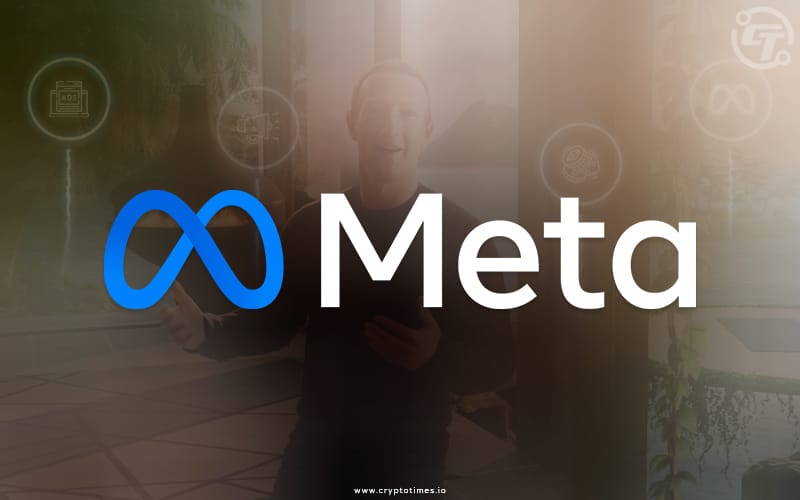In Brief:
- Meta to modify a long-standing policy that barred most cryptocurrency companies from advertising.
- They are expanding the number of regulatory licenses they accept from three to 27.
Meta, formerly known as Facebook, stated on Wednesday that it would modify a long-standing policy that barred most crypto companies from running ads on its platform.
The firm said that now it is expanding the number of regulatory licenses they accept from three to 27. As a result, there will be a significant increase in the number of applications for bitcoin ad placement.
The announcement was made just after Meta attempted and failed to launch a cryptocurrency that could be used to transmit money online to anyone in the world using Facebook tools.
Also, on Tuesday, David Marcus, the head of Facebook’s cryptocurrency operations, announced that he will be departing the business at the end of the year.
Because Facebook only recognised a tiny number of regulatory licences before the modification, only a small segment of crypto firms were able to advertise on the network.
The following crypto products and services can now acquire formal approval to run advertising on Facebook, according to the new policy: Exchanges and trading platforms for cryptocurrencies; lending and borrowing services for cryptocurrencies; infrastructure for cryptocurrency mining; and wallet for cryptocurrencies.
The changes, according to a Meta spokeswoman, also affect Instagram, which is owned by the corporation.
The amended policy, according to Meta, reflects the crypto industry’s development and tighter regulation, specifically saying, “over the years the cryptocurrency landscape has matured and stabilized and experienced an increase in government regulation, which has helped to set clearer responsibilities and expectations for the industry. Going forward, we will be moving away from using a variety of signals to confirm eligibility and instead requiring one of these 27 licenses.”
Although, in January 2018, Facebook banned cryptocurrency and initial coin offering, it released Novi, the company’s digital wallet in October. However, the digital money, now known as Diem and managed by an independent organisation, is still unavailable to the general public.






